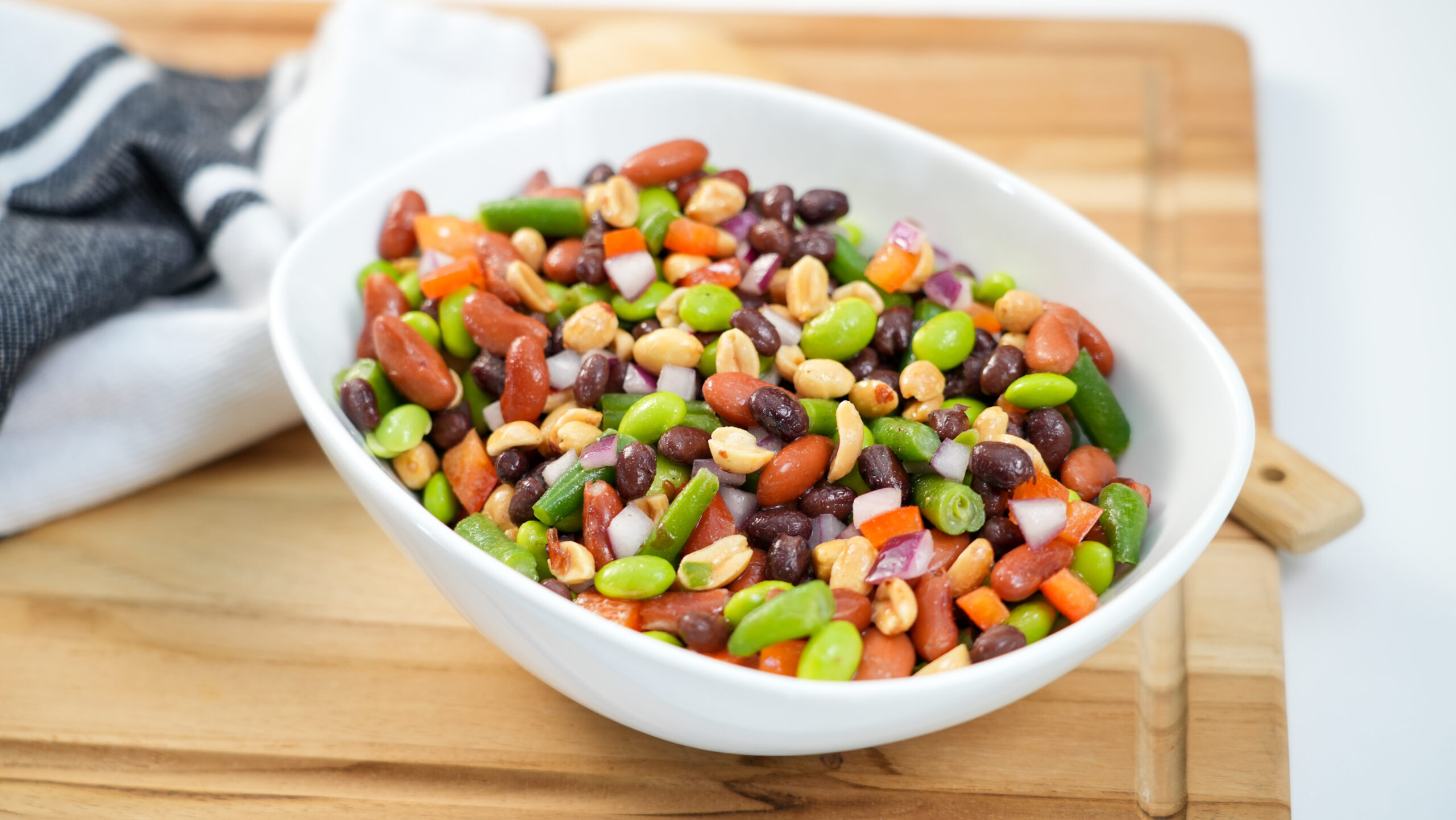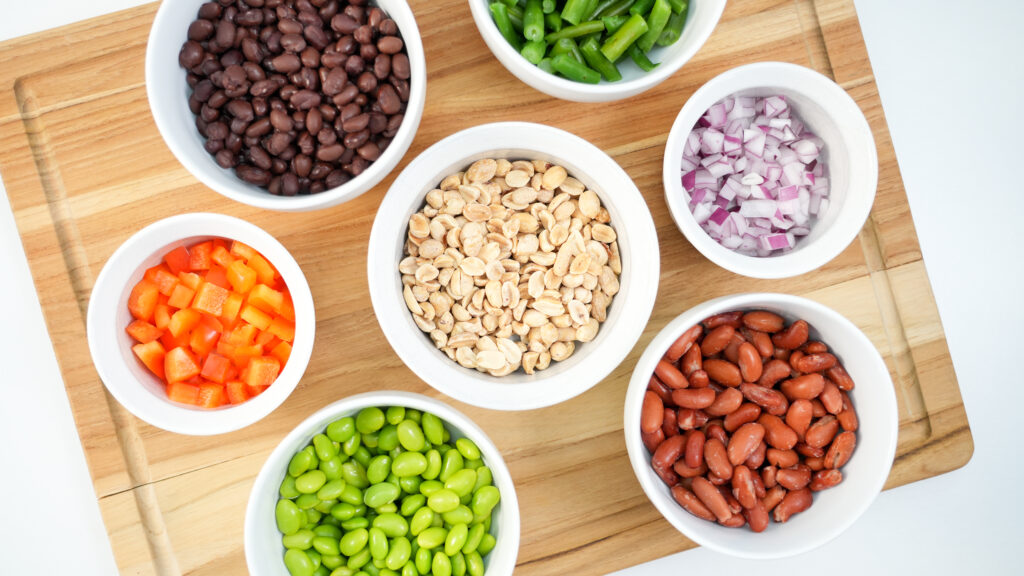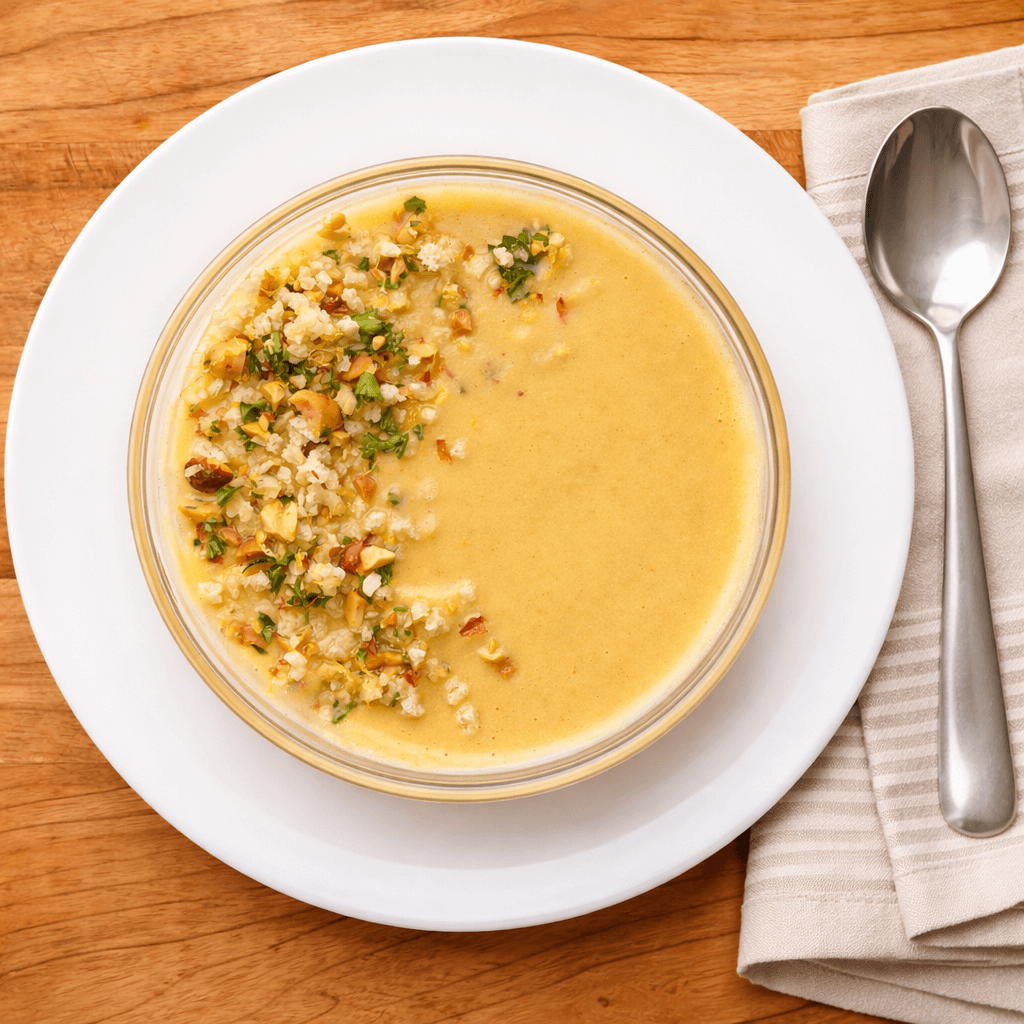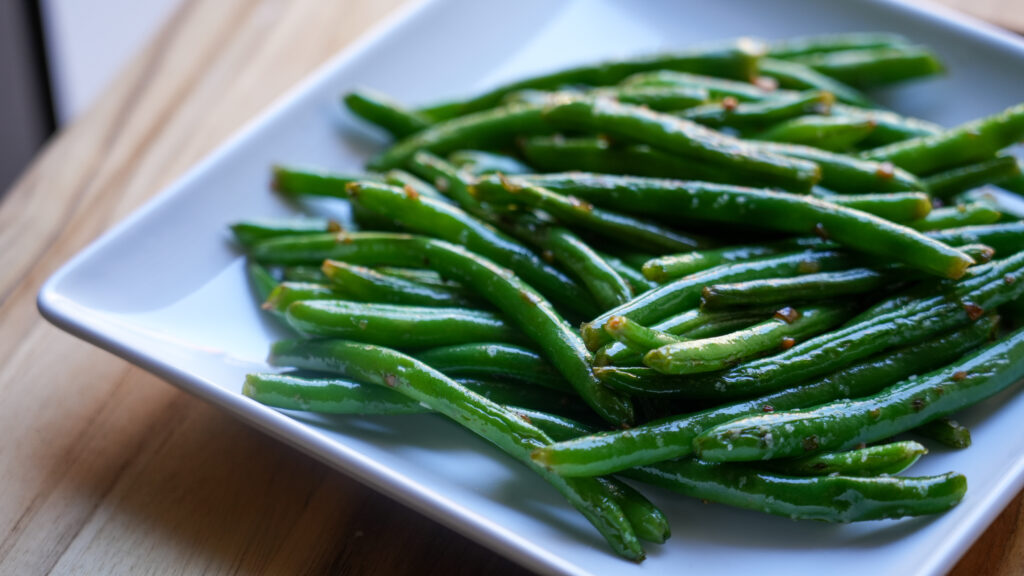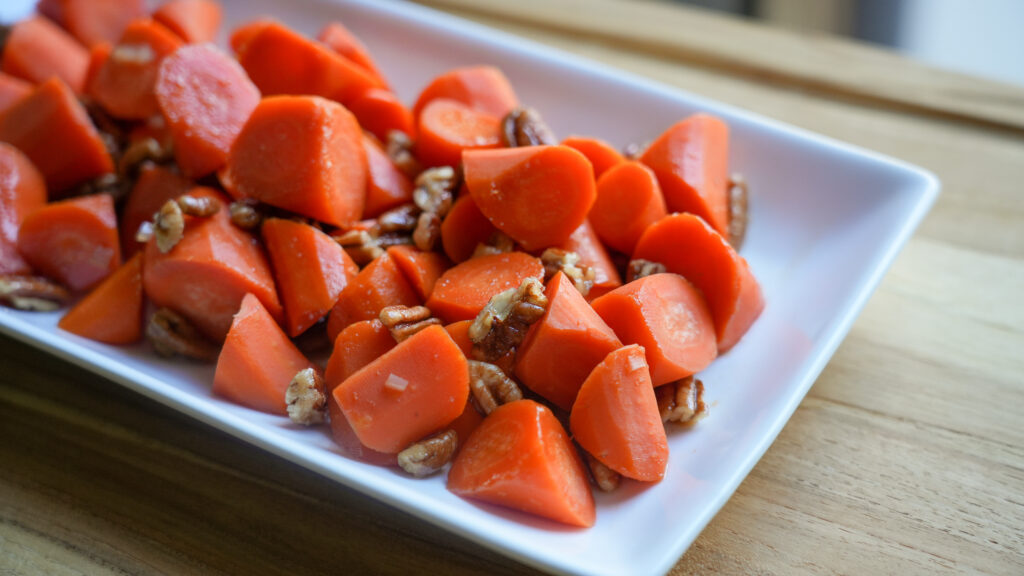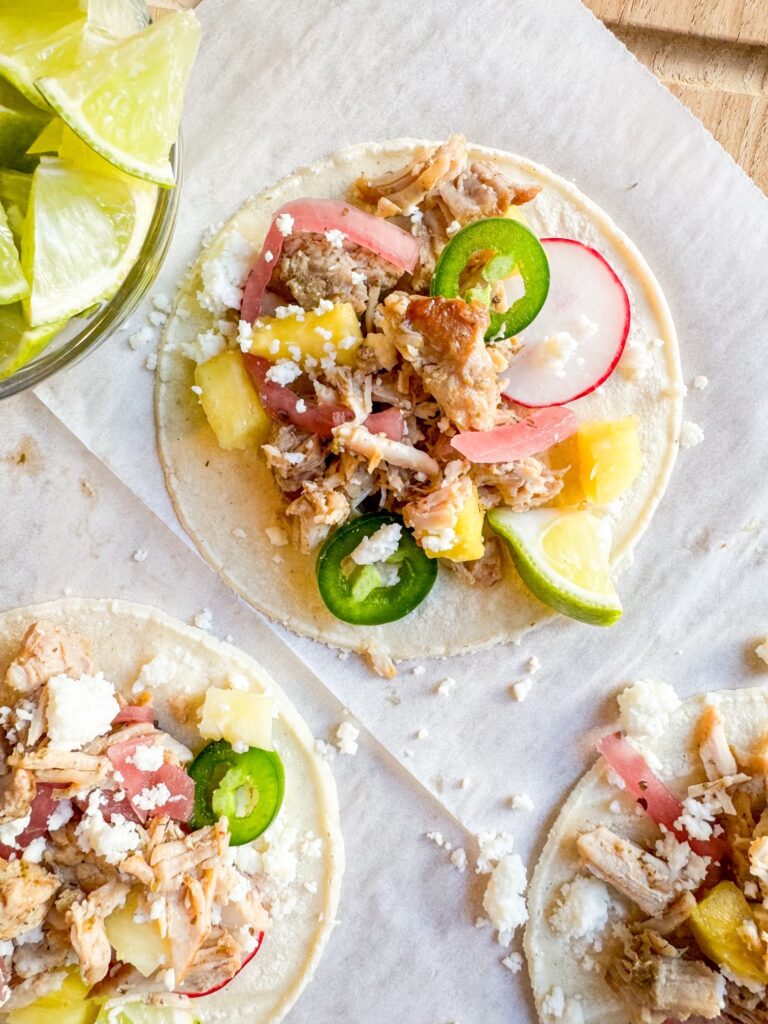Today I’ve partnered with The Peanut Institute to bring you this delicious, peanut inspired recipe!
Did you know March is National Nutrition month? I’m celebrating with this beautiful 5 bean salad that is both tasty and nutritious. And it contains my favorite superfood, peanuts! I include peanuts in my diet and recommend them to others because they’re packed with nutrients that help nourish and protect against heart disease and cancer. This is good news for every body and every life stage.
Heart Disease: Knowing that I have a family history of high blood pressure, I include peanuts in my diet. Research has shown peanuts are a heart healthy food that can help manage weight, lower blood pressure and improve cholesterol levels. Peanuts contain magnesium and potassium—two minerals that help control your blood pressure. And peanuts also contain heart healthy fats that can help raise HDL cholesterol, which can help fight heart disease.
Cancer: Peanuts contain bioactive compounds, including phytosterols and resveratrol. Found naturally in high concentrations of plant oils, seeds and legumes like peanuts, phytosterols offer an amazing array of health benefits. Research shows that in addition to inhibiting colon, prostate and breast cancer cell growth, they can also protect against heart disease. It’s also been noted that resveratrol has been used in conjunction with radiation and certain chemotherapy treatments to increase their effectiveness and potentially reduce side effects.
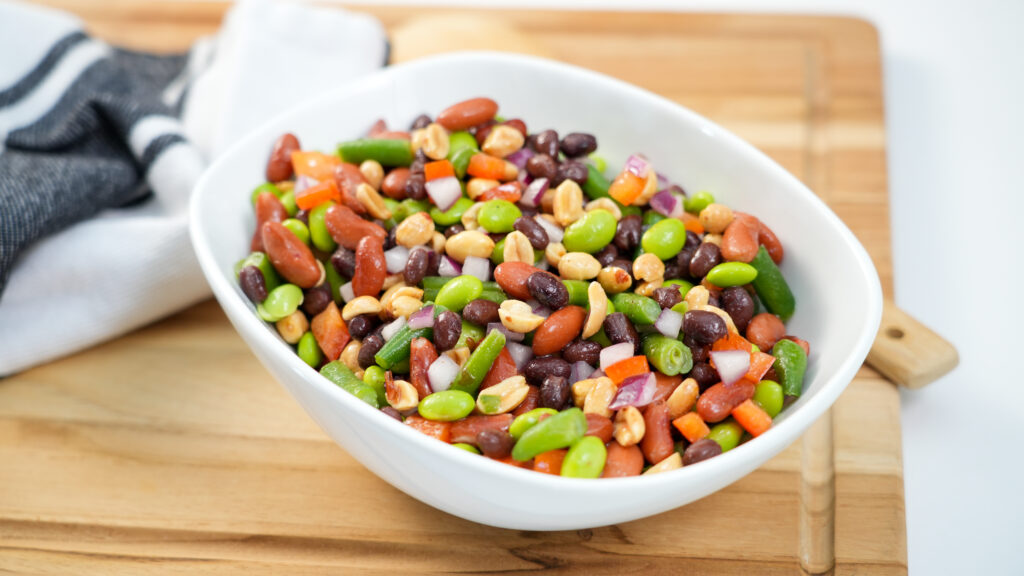 Now let’s talk about this recipe!
Now let’s talk about this recipe!
A typical bean salad contains legumes tossed in a vinaigrette combined with a variety of seasonings. You might not think about adding peanuts to a bean salad but peanuts are a legume! When combined with other legumes like beans, peanuts add great flavor and texture. I also love that legumes like peanuts are affordable, convenient and many are shelf-stable. They’re also customizable according to your taste and flavor preferences.
If you’re interested in learning more about how peanuts and peanut butter can reduce your risk for heart disease and cancer, check out The Peanut Institute.
